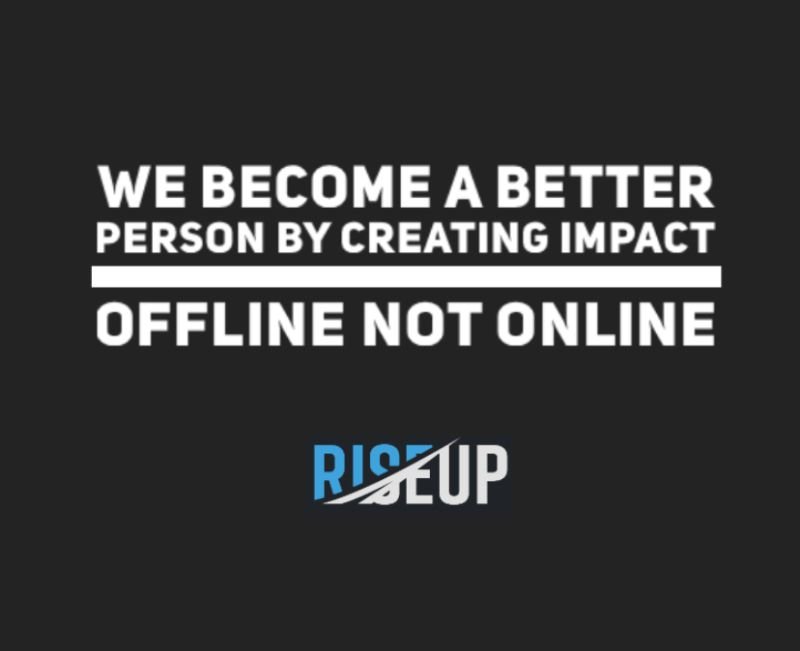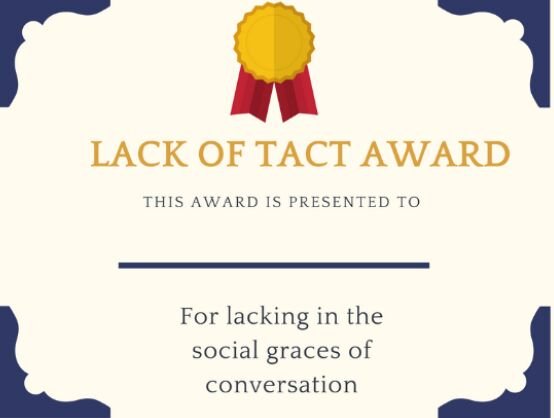
Learn How To Use Influence Positively
More than 60 years of research and study have been done on human behaviour and influence, and it points to one thing – human behaviour can be highly predictable if we know the various triggers?
We need to challenge our beliefs about influence.
Here are three conventional beliefs about influence that have been redefined with a new paradigm suited to today’s world.
Influence equals Trust.
The key to building influence is not about building trust. Leaders I spoke to agreed that before they can influence, they need to build trust. However, that perspective might not be useful as a starting point.
The question to ask is, what needs to happen before trust can happen? Because trust is just an outcome.
The answer is that the relationship needs to be built before trust can happen. Relationship leads to trust and trust leads to influence. We are willing to be influenced by someone provided there is a genuine and strong relationship in the first place.
When the relationship is sound, trust will naturally follow, which allows the leaders to create a more positive influence.
New Paradigm 1: Influence is not about building trust. It’s about, first, building relationships.
Influence equals charisma
All the people I asked agreed that a person must have charisma before he can influence someone. But no one has a standard definition of charisma.
There are many ways to increase the likability quotient. One of the ways is to exchange favours with someone. When we do that over an extended period, a relationship is formed and likability is increased. This is one of the many systems that we can learn.
New Paradigm 2: Influence is not about charisma, it’s about likability.
Influence equals authority
When influence is involved, there is no authority in the equation. I have always shared with leaders and participants that influence is for people and authority is for tasks.
We use authority to get a task done. For example, giving me a report by 3 pm today is a task. Unfortunately, authority is a mental shortcut, and anyone with authority tends to use them as a quick way to get things done. This ultimately destroys the leader’s credibility and influence with their people.
If you want your people to walk the extra mile, resolve a crisis, have the best intention and make the best decision for all, you need to deploy positive influence. Using too much authority will make you appear heavy-handed and diminish your approachability and likability as a person.
New Paradigm 3: Influence is for people and authority is for tasks.
As digital and automation take over our routine job, it gives us more time to have a conversation with people. This makes influencing a crucial ability to get things done in a new era.
After all, It’s the people who get things done.

